Best Practices Articles
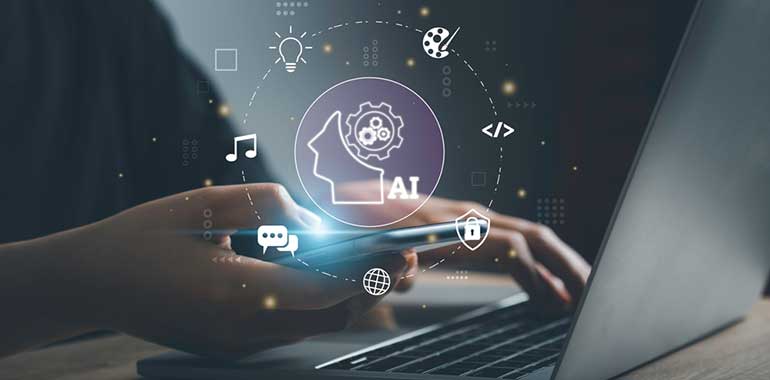
How Artificial Intelligence Can Improve Partner Enablement
Introduction
Partner enablement is a critical aspect of any organization that operates through a network of partners, affiliates and influencers. A robust partner enablement program can help partners improve their skills, knowledge and understanding of a brand’s products and services, increasing sales and improving customer satisfaction. Traditionally, partner enablement has included technical training, sales and marketing training, services training and certification. However, as organizations grow and expand their product lines, providing a personalized experience for each partner user becomes more challenging.
In this digital age, the power of artificial intelligence (AI) can substantially improve partner enablement. With AI, partner relationship management platforms like ZINFI’s can offer hyper-personalized experiences to partners, ranging from training to demand generation to sales enablement activities. AI-powered partner enablement programs can provide relevant content, certification and learning tracks that closely match the unique characteristics of a partner organization and its people.
This article explores how AI can revolutionize partner enablement programs and how generative AI can improve partner relationship management platforms.
Section 1: The Role of AI in Partner Enablement Programs
Artificial intelligence has become an increasingly powerful tool in recent years, and organizations are starting to realize its potential to improve partner enablement programs. With the availability of generative AI models on cloud platforms, organizations can now leverage AI to personalize partner journeys through partner enablement programs, resulting in a more effective and efficient partner experience.
One of the most significant benefits of using AI in partner enablement programs is its ability to segment partners based on their needs, preferences and interests. By analyzing partner data, AI can provide organizations valuable insights into their partners, such as their expertise, knowledge and experience. These insights can create a personalized experience that addresses specific partner needs, helping partners achieve their goals more efficiently and effectively.
For example, AI can recommend training and certification courses that align with a partner's skills, knowledge and areas of interest. This personalized approach ensures that partners receive the most relevant training, which can lead to improved performance and increased productivity.
In addition, AI can help organizations personalize marketing campaigns and promotions that target specific partner groups. AI can predict partner behavior and preferences by analyzing partner data, allowing organizations to offer tailored promotions that drive partner engagement and loyalty. This can be particularly effective when it comes to cross-selling and upselling, helping organizations develop and offer targeted promotions to partners who are most likely to be interested in particular products or services.
Another significant benefit of using AI in partner enablement programs is its ability to automate repetitive tasks. This can help organizations save time and resources, enabling them to focus on more strategic activities. For example, AI can automate the process of tracking partner progress and performance, providing organizations with real-time insights into partner engagement and performance. This can help organizations identify areas for improvement and adjust their partner enablement programs accordingly.
Despite the benefits of using AI in partner enablement programs, organizations must be careful not to rely too heavily on AI. While AI can provide valuable insights and recommendations, it is not a replacement for human interaction and expertise. Organizations must ensure they strike the right balance between automation and human touch, leveraging AI to enhance the partner experience without attempting to replace the judgement and expertise and human beings.
In conclusion, the potential of AI in partner enablement programs is vast, and organizations can leverage AI to personalize partner journeys, automate repetitive tasks, and improve partner engagement and loyalty. AI can provide valuable insights and recommendations by analyzing partner data, helping organizations create a more efficient and effective partner experience. However, organizations need to be careful not to rely too heavily on AI, ensuring they strike the right balance between automation and human interaction. By doing so, organizations can unlock the full potential of AI in partner enablement programs, driving better outcomes for partners and the business.
Section 2: The Benefits of AI-powered Partner Enablement Programs
AI-powered partner enablement programs have become increasingly popular in recent years as organizations look to provide personalized and efficient support to their partners. Traditional partner enablement programs have limitations in terms of personalization and efficiency, making AI-powered programs a more attractive option for many organizations.
One of the main benefits of AI-powered partner enablement programs is hyper-personalization. With AI, organizations can gather and analyze data about each partner’s needs, interests and skills and offer a personalized experience that matches those characteristics. This hyper-personalization can lead to better engagement, increased sales and improved customer satisfaction. For example, an organization can use AI to analyze a partner’s sales history, customer base and preferred products and recommend the most relevant training courses or marketing materials to that partner. This can help the partner improve their sales performance and customer satisfaction, increasing revenue for the organization.
AI-powered partner enablement programs can also improve the efficiency of partner enablement activities. Organizations can save time and resources by automating tasks like data analysis, content curation and course recommendations. This automation can enable organizations to focus on high-value activities that drive partner engagement and growth. For example, instead of manually analyzing data about a partner's performance, an organization can use AI to quickly analyze the data and share insights with partners to help them improve their performance. This can save both the organization and the partner time and resources, allowing them to focus on other activities that can drive growth.
Another benefit of AI-powered partner enablement programs is the ability to offer real-time support to partners. AI can provide instant feedback, recommendations and guidance, allowing partners to solve problems quickly and efficiently. This real-time support can help partners to increase their productivity, efficiency and effectiveness. For example, if a partner organization is struggling to close a deal with a customer, they can use an AI-powered chatbot to get instant guidance on approaching the situation. This can help the partner to close the deal more quickly and effectively, leading to increased revenue for both the partner and the organization.
Overall, AI-powered partner enablement programs offer several benefits that traditional partner enablement programs cannot match. With hyper-personalization, improved efficiency and real-time support, these programs can help organizations to drive partner engagement more precisely and efficiently, increase sales and improve customer satisfaction. As AI technology continues to evolve, we can expect to see even more advanced and sophisticated AI-powered partner enablement programs in the future.
Section 3: Generative AI in Partner Relationship Management Platforms
Partner relationship management (PRM) platforms have become increasingly important for businesses that rely on partnerships to expand their reach and improve their offerings. A PRM platform is a software tool that enables organizations to manage their partner data, content and activities in a centralized location. With the introduction of generative AI, PRM platforms can now offer hyper-personalized experiences to partners.
Generative AI is a form of artificial intelligence that uses machine learning algorithms to create new content or responses based on existing data. Generative AI can help organizations create customized training, certification and learning tracks by analyzing partner data, behaviors and preferences. This enables businesses to provide personalized content that matches each partner’s needs and interests, increasing partner engagement and retention.
In addition to personalized training, generative AI can help organizations personalize their marketing campaigns. Businesses can target specific partner groups with marketing campaigns tailored to their interests, resulting in better engagement and increased sales. By analyzing partner data, generative AI can also help businesses to identify new opportunities for partnerships and collaborations.
Another benefit of generative AI is that it enables businesses to automate tasks such as data analysis, content curation and course recommendations. This automation saves time and resources, enabling businesses to focus on high-value activities that drive partner engagement and growth. For example, a PRM platform that uses generative AI can automatically analyze partner data to identify areas for improvement, which can then be used to develop new training programs and courses.
One of the most significant advantages of generative AI is its ability to provide real-time support to partners. AI-powered chatbots can provide instant feedback, recommendations and guidance, allowing partners to solve problems quickly and efficiently. This real-time support can help partners increase their productivity, efficiency and effectiveness, ultimately leading to better business outcomes.
Generative AI is transforming how businesses engage with their partners through PRM platforms. With the ability to offer hyper-personalized experiences to partners, businesses can increase partner engagement and retention, identify new partnership opportunities, and automate tasks to save time and resources. The real-time support AI-powered chatbots provides can help partners increase their productivity, efficiency and effectiveness, ultimately leading to better business outcomes. As businesses continue to invest in partnerships to expand their reach and improve their offerings, PRM platforms that use generative AI will become increasingly essential for success.
Section 4: Integration of AI into Partner Relationship Management Platforms
Integrating AI into partner relationship management (PRM) platforms is critical for organizations that aim to provide a hyper-personalized experience to their partners. However, achieving this requires significant innovation in platform design. It also requires that organizations are able to train generative models and create a seamless user experience.
One of the critical challenges of integrating AI into PRM platforms is a collaboration between technology providers and organizations. Successful integration requires both parties to work together to ensure that the AI models are appropriately trained and that the platform is designed with AI in mind. This means that the platform must be able to collect partner data, analyze it and use it to offer a personalized experience to partners.
Training the generative models is also crucial for AI to work seamlessly in PRM platforms. These models must be trained with relevant data, including detailed information about partner behavior and preferences, to ensure the recommendations are accurate and useful. This requires that organizations bring a data-driven approach to partner management, which involves collecting and analyzing partner data in real time.
User experience is a critical aspect of AI integration into PRM platforms. To provide a truly hyper-personalized experience, the AI models must be invisible to the user, and the experience must feel natural and seamless. This requires significant investment in user interface design and user experience research. The AI models must be designed so that they seamlessly integrate into the platform, and the user should not be aware of their presence.
Integration of AI into PRM platforms also requires significant innovation in terms of configurability and flexibility. Organizations must be provided with tools to design the partner experience, configure the AI models and deploy them seamlessly into the platform. This means the platform must be designed for maximum flexibility so organizations can easily customize it based on their specific requirements.
In conclusion, integrating AI into PRM platforms is crucial for organizations aiming to provide a hyper-personalized experience to their partners. Achieving this requires significant innovation, investment and effort. Organizations must be able to design a flexible and customizable platform, train generative models and design a seamless user experience. They must regularly collaborate with technology providers to ensure their AI models are appropriately trained and the platform is designed from the ground up with AI in mind. They must also be committed to a thoroughly data-driven approach to partner management. With these elements in place, organizations can provide a genuinely hyper-personalized experience to their partners, increasing engagement and driving business growth.
Section 5: The Future of AI-powered Partner Enablement Programs
AI is revolutionizing the way businesses operate and interact with their partners. The future of AI-powered partner enablement programs is promising, as more organizations see for themselves the many benefits of AI technology. AI-powered partner enablement programs can drive partner engagement, loyalty and growth, resulting in increased revenue and increased customer satisfaction.
As we have already noted, one of the most significant advantages of AI-powered partner enablement programs is the ability to provide personalized experiences that match each partner's needs and interests. With the help of AI, organizations can analyze vast amounts of data and identify patterns, and use that information to personalize partner experiences in a very granular way. This customization can lead to increased partner engagement and loyalty, as partners feel that their unique needs are being prioritized.
AI can also enable organizations to automate tedious tasks, allowing them to focus on high-value activities that drive partner engagement and growth. By automating repetitive and mundane tasks such as data entry, reporting and administrative tasks, organizations can save time and resources. This automation results in higher efficiency and productivity, allowing organizations to focus on strategic activities that drive growth.
Ultimately, AI-powered partner enablement programs will help organizations optimize their partner relationships by analyzing partner behavior and interactions and generating insights into their partners’ needs and preferences. These insights will help organizations develop more effective partner enablement programs, as well as identify and address potential issues before they become bigger problems.
While the integration of AI into partner relationship management platforms is still in its early stages, we can expect to see significant progress in the coming years. With technological advances and increasing demand for hyper-personalized experiences, we can expect AI to become a standard feature in partner enablement programs.
ConclusionWhile integrating AI into partner relationship management platforms requires significant effort and investment and a data-driven mindset, the benefits of AI-powered partner enablement programs are well worth the investment. Brands that are active in the channel—leveraging partners, affiliates and influencers to market and sell their products and services—should seriously consider leveraging AI to improve their partner enablement programs with the goal of offering hyper-personalized experiences that help partners enhance their skills, knowledge and understanding of the organization’s offerings.
For more information, please check this article.
Best Practices Guidebook
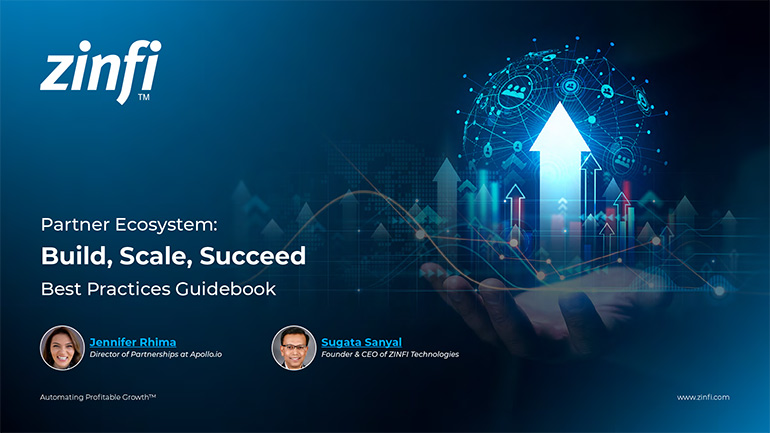 Partner Ecosystem Playbook: Build, Scale, Succeed Best Practices
Partner Ecosystem Playbook: Build, Scale, Succeed Best PracticesDownload for FREE
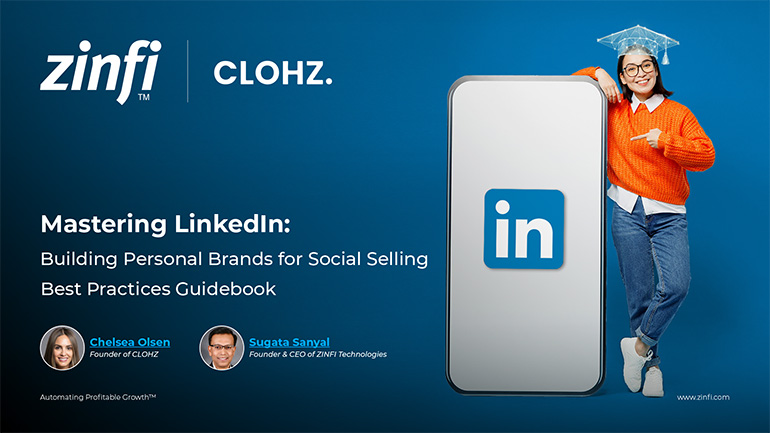 Mastering LinkedIn: Building Personal Brands for Social Selling
Mastering LinkedIn: Building Personal Brands for Social SellingDownload for FREE
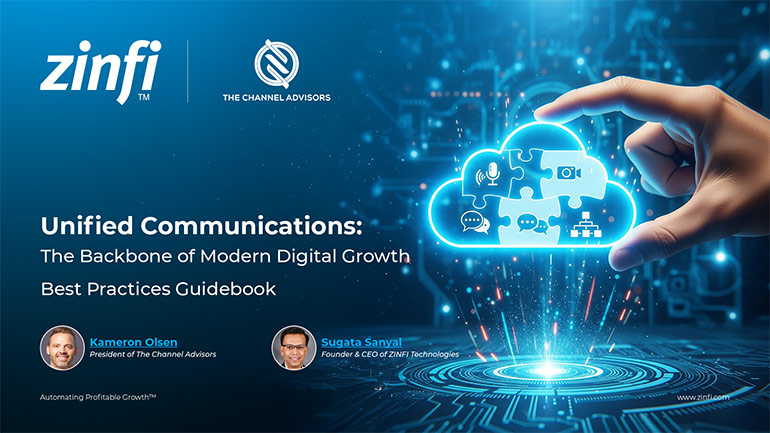 Unified Communications: The Backbone of Modern Digital Growth
Unified Communications: The Backbone of Modern Digital GrowthDownload for FREE
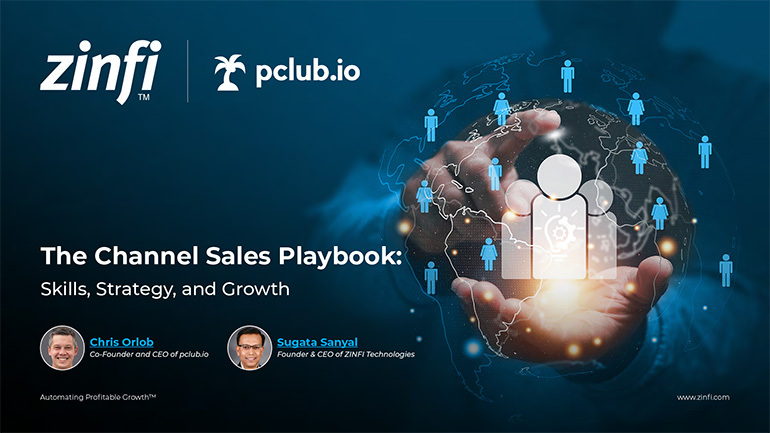 The Channel Sales Playbook: Skills, Strategy, and Growth
The Channel Sales Playbook: Skills, Strategy, and GrowthDownload for FREE
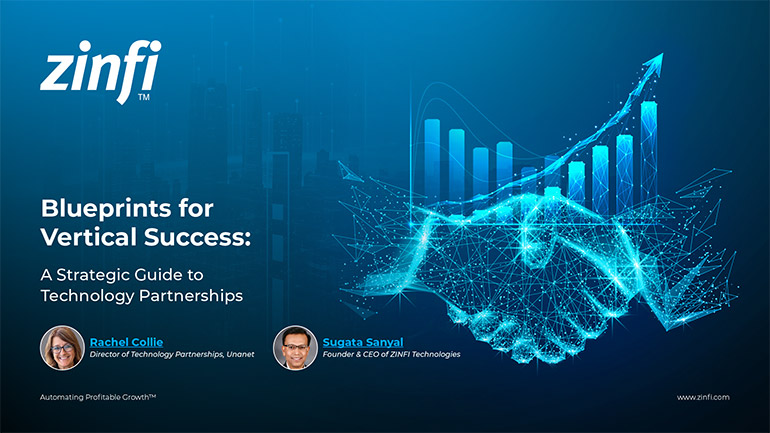 Blueprints for Vertical Success Best Practices
Blueprints for Vertical Success Best PracticesDownload for FREE
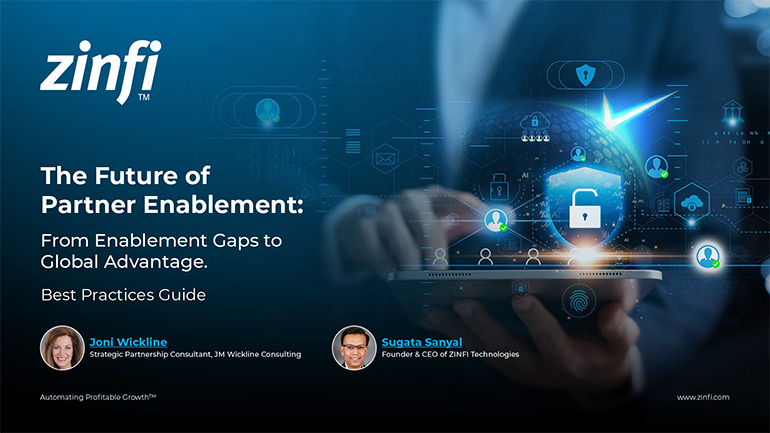 The Future of Partner Enablement: From Enablement Gaps to Global Advantage
The Future of Partner Enablement: From Enablement Gaps to Global AdvantageDownload for FREE
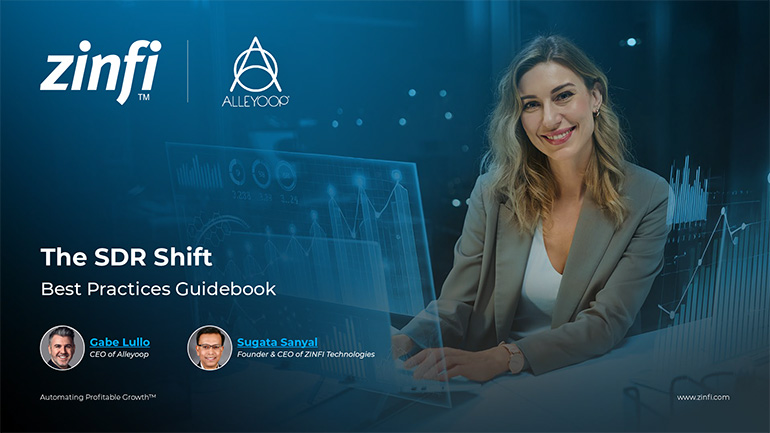 Reimagine Sales Development. Build a Smarter Prospecting Engine
Reimagine Sales Development. Build a Smarter Prospecting EngineDownload for FREE
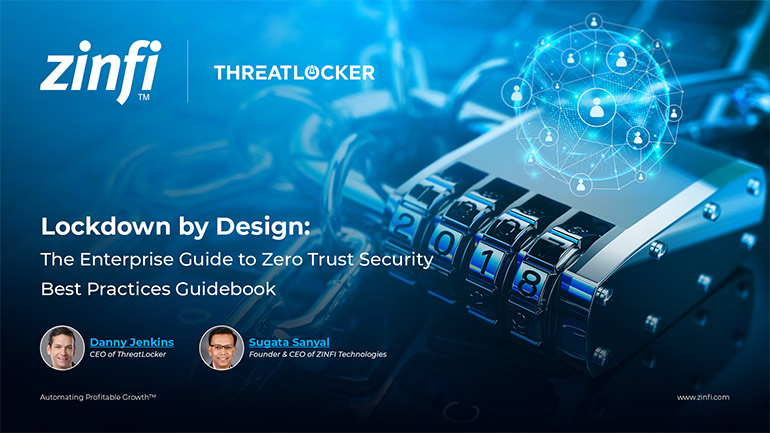 The Zero Trust Imperative: Fortifying Enterprise Security Against AI-Driven Threats
The Zero Trust Imperative: Fortifying Enterprise Security Against AI-Driven ThreatsDownload for FREE
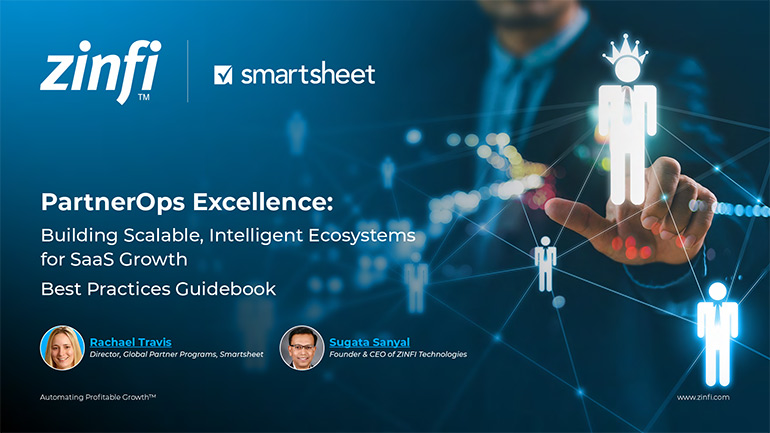 PartnerOps Excellence: The Definitive Guide to Scalable SaaS Ecosystems
PartnerOps Excellence: The Definitive Guide to Scalable SaaS EcosystemsDownload for FREE
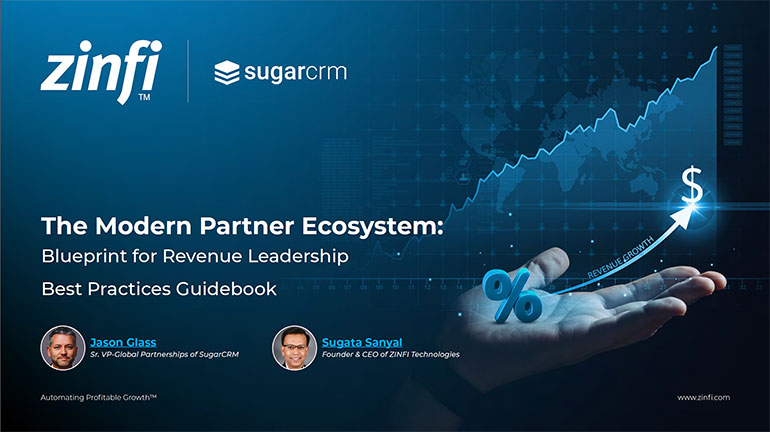 The Modern Partner Ecosystem Best Practices
The Modern Partner Ecosystem Best PracticesDownload for FREE
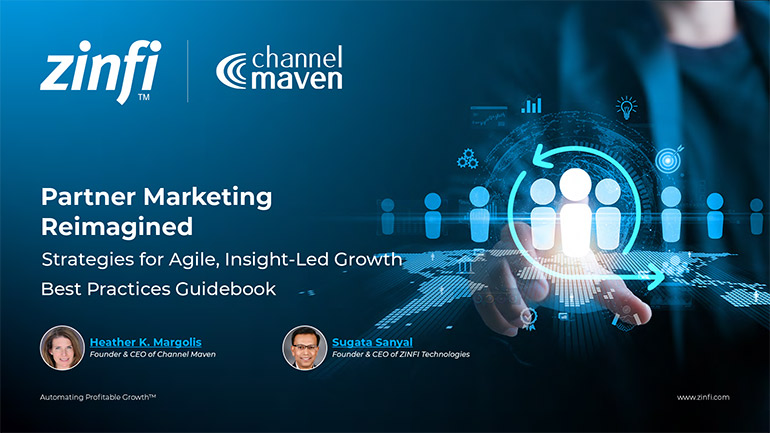 Partner Marketing Reimagined: Strategies for Agile, Insight-Led Growth
Partner Marketing Reimagined: Strategies for Agile, Insight-Led GrowthDownload for FREE
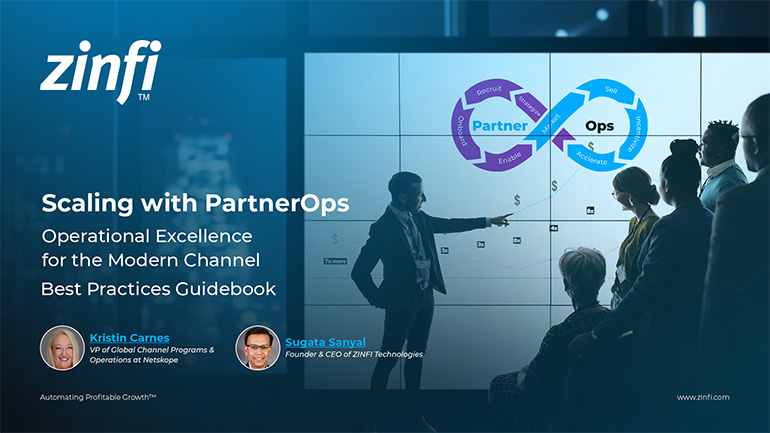 Scaling with PartnerOps Best Pratices
Scaling with PartnerOps Best PraticesDownload for FREE
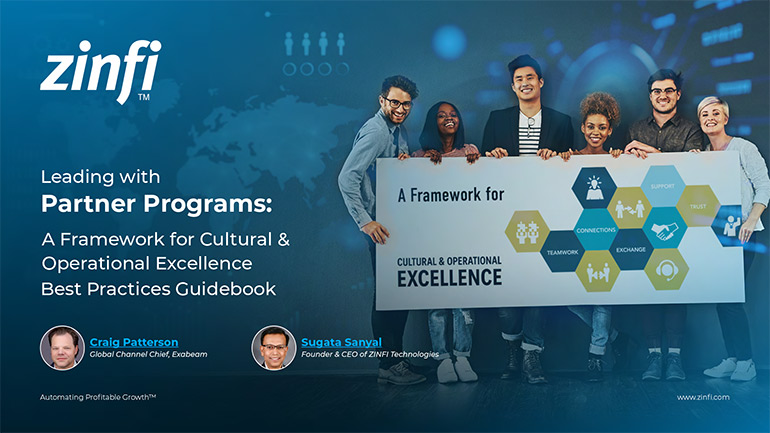 Leading with Partner Programs Best Pratices
Leading with Partner Programs Best PraticesDownload for FREE
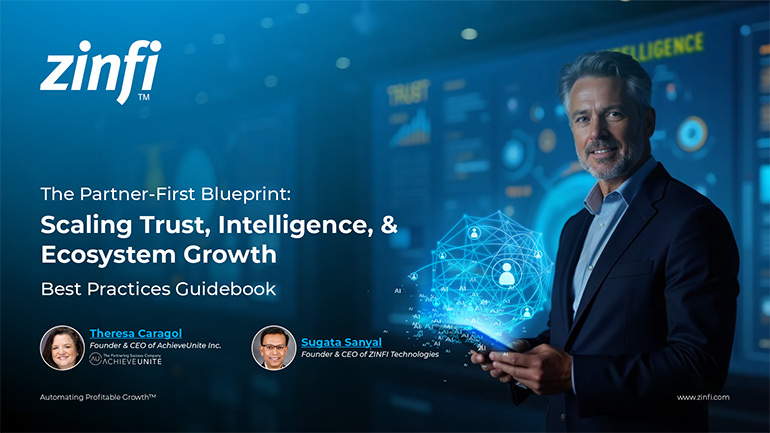 The Partner-First Blueprint: Scaling Trust, Intelligence, and Ecosystem Growth
The Partner-First Blueprint: Scaling Trust, Intelligence, and Ecosystem GrowthDownload for FREE
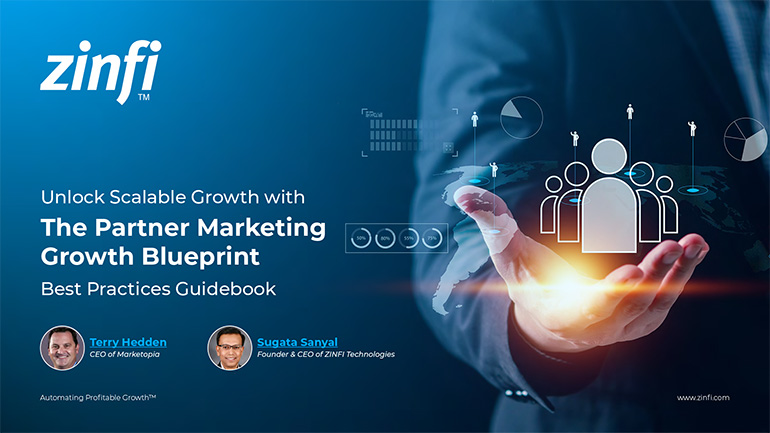 Unlock Scalable Growth with The Partner Marketing Growth Blueprint
Unlock Scalable Growth with The Partner Marketing Growth BlueprintDownload for FREE
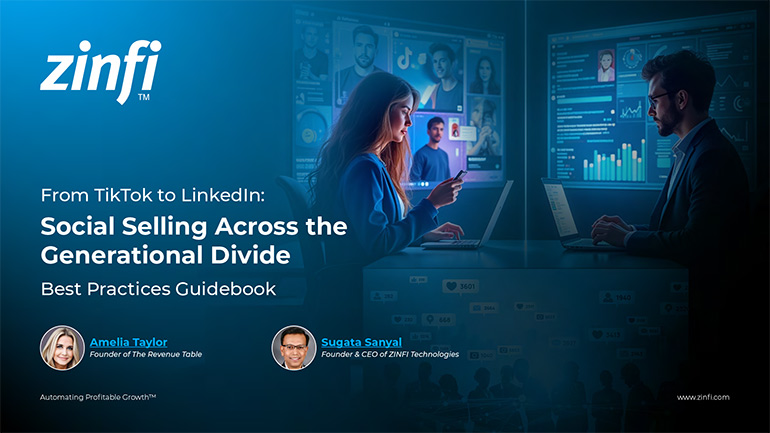 From TikTok to LinkedIn: Social Selling Across the Generational Divide
From TikTok to LinkedIn: Social Selling Across the Generational DivideDownload for FREE
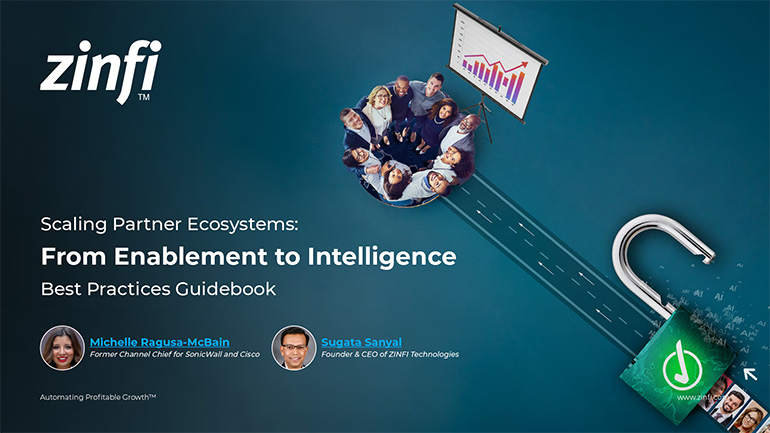 Scaling Partner Ecosystems: From Enablement to Intelligence
Scaling Partner Ecosystems: From Enablement to IntelligenceDownload for FREE








